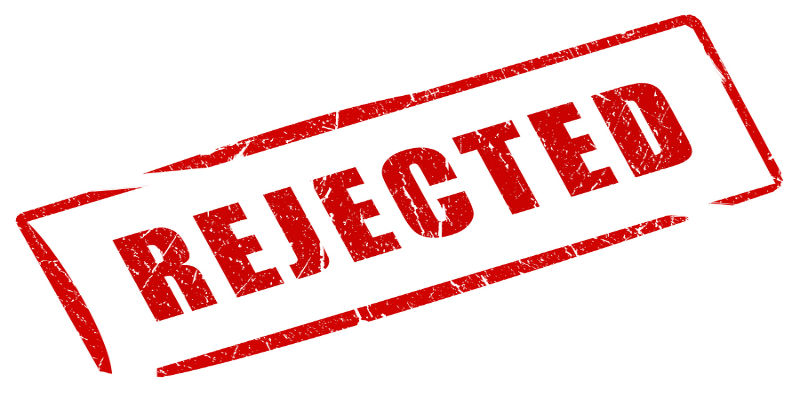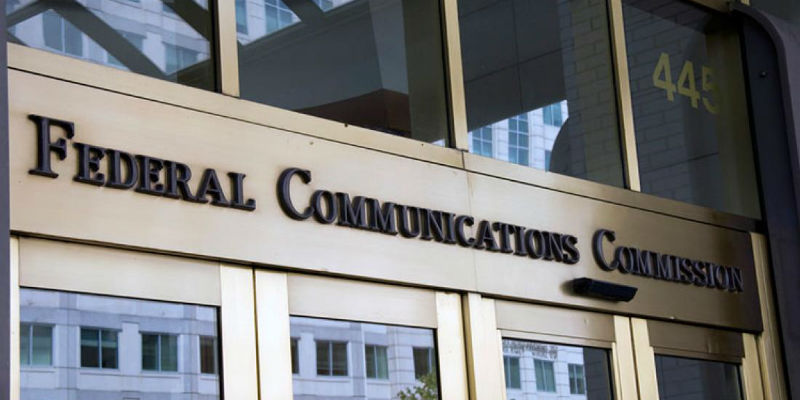Comcast Corp. (Comcast) and Time Warner Cable Inc. (TWC) have filed applications with the FCC’s Media Bureau seeking the FCC’s approval to transfer control of the licenses and authorizations of TWC (and TWC’s subsidiaries) to Comcast. Comcast (the largest US cable and Internet service provider) and TWC (the second largest cable provider) announced the proposed $45.2 billion stock deal in February 2014. The various licenses and authorizations at issue include domestic and international Section 214 authorizations, transmit/receive satellite earth station licenses, receive-only satellite earth station registrations, private wireless licenses, and cable television relay service licenses.
The applicants’ filing dismisses various concerns regarding competition. Regarding broadband competition, the applicants argue that the combined company would face “substantial competition” from the provision of broadband from a variety of sources, including DSL, fiber-to-the-premises (FTTP), wireless and other such as cable overbuilders, satellite, and fixed wireless. As for video competition, the applicants argue that concerns over excessive video marketplace buying power are factually outdated as they point to increased competition from Internet video service providers (such as Netflix, Apple and Amazon) and other providers that are reportedly exploring online video offerings (such as Dish, DirecTV, and Verizon FiOS). Critics of the deal, including former Commissioner Michael Copps, have argued that Internet gatekeepers such as Comcast should not control online content and experiences. Consumer advocacy group Public Knowledge argues that the merged company would have the incentive to stifle competing online video services such as those of Amazon or Apple.
The FCC has not yet announced a pleading schedule on the Comcast-TWC applications.







